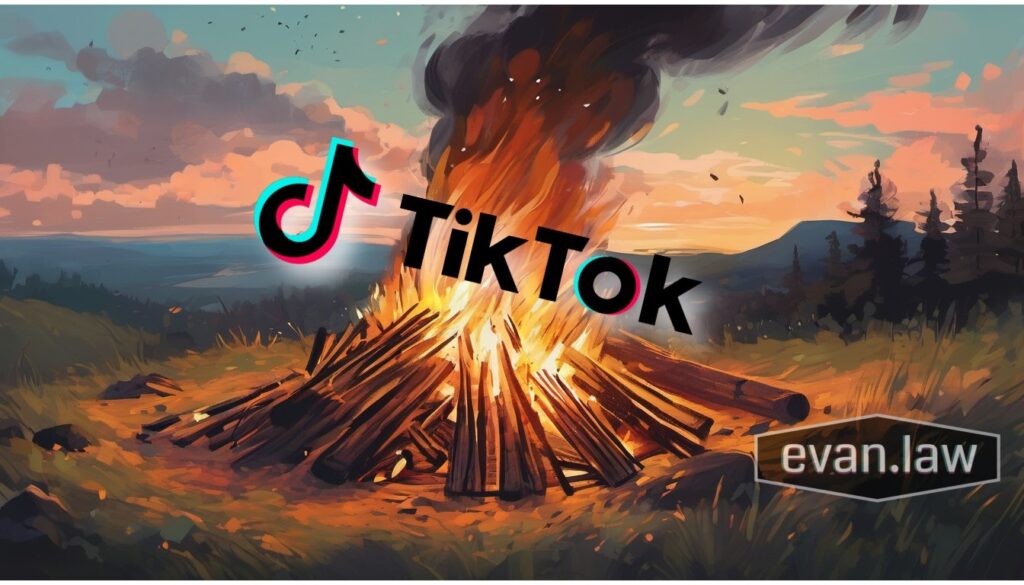
As expected, TikTok has sued the federal government over the law enacted last month that requires ByteDance to sell off the app or be banned. It seeks a declaratory judgment that the law is unconstitutional and asks for an injunction barring the law’s enforcement. Here’s a first look at the constitutional issues TikTok is raising:
- First Amendment: TikTok contends the Act restricts its right to free speech more severely than other media entities without sufficient justification, failing to consider less restrictive alternatives. The ban also violates the free speech rights of the app’s 170 million American users.
- Bill of Attainder: TikTok asserts that the Act singles out TikTok for punitive measures typically reserved for judicial processes, without due process.
- Equal Protection: Under the Fifth Amendment, TikTok argues the Act wrongfully applies stricter conditions on it than on other similar entities.
- Takings Clause: TikTok claims the Act effects an unlawful taking of its property without just compensation, as it forces a sale or shutdown of its U.S. operations at undervalued prices.
More analysis to come.

It’s now the law of the land that come nine months from now, if any of the app stores make TikTok available or if any hosting provider lends services enabling TikTok, those companies will face substantial penalties.That is, unless TikTok’s owner ByteDance sells off the company to an entity that is not located in or controlled by anyone from Russia, Iran, North Korea or China.The version of the law that the President signed on April 24, 2024 is pretty much the same as the one the House of Representatives passed in March 2024.
The only difference is that if in nine months there is a transaction underway to sell off TikTok, the President can grant one 90-day extension for the sale to be completed.
No doubt we’re going to see some serious free speech litigation over this. Stay tuned.